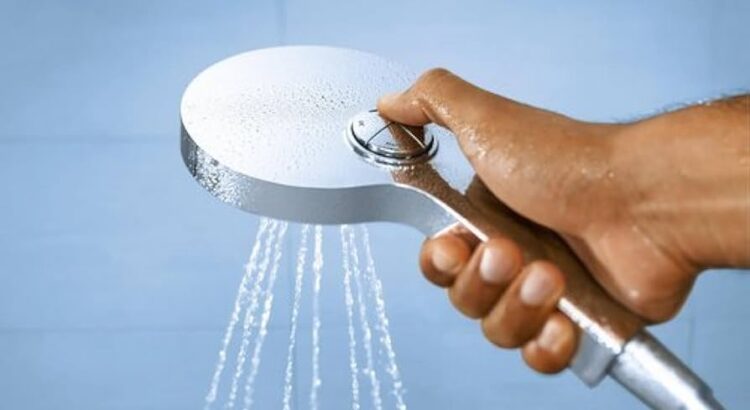Jet sprays are an essential bathroom fixture, providing convenience, hygiene, and efficient water usage. However, like any other utility, proper maintenance is crucial to ensure that your jet spray performs efficiently and lasts for a long time. Over time, issues like water pressure reduction, leaks, and clogging can arise due to factors such as hard water, sediment buildup, or wear and tear.
1. Clean the Nozzle Regularly
One of the most common issues with jet sprays is clogging, often caused by hard water deposits or dirt accumulating in the nozzle. To maintain steady water flow and pressure, it’s essential to clean the nozzle regularly. Use a toothbrush or a soft-bristled brush to scrub away visible deposits. For stubborn mineral buildup, soak the nozzle in a solution of equal parts water and white vinegar for a few hours, then rinse it thoroughly with clean water. This method dissolves limescale effectively without damaging the nozzle material.
2. Inspect for Leaks
Frequent leaks can lead to water wastage and higher utility bills. Periodically inspect your jet spray for any signs of leaks, particularly around the hose connections and the nozzle. If you notice dripping or water pooling, tighten the connections or replace worn-out washers or O-rings. Promptly addressing leaks not only ensures efficient performance but also prevents further damage to the fixture.
3. Check Water Pressure
Jet sprays function best with optimal water pressure. Low water pressure might indicate a clogged nozzle or an issue with your plumbing system. On the other hand, excessive water pressure can damage the internal components of the jet spray over time. To maintain ideal performance, check your home’s water pressure and adjust it if necessary. Installing a pressure regulator can help stabilize water flow and protect your jet spray from unnecessary strain.
4. Use High-Quality Materials
The longevity of your jet spray depends significantly on the materials used in its construction. Opt for jet sprays made from durable, corrosion-resistant materials like stainless steel or high-grade ABS plastic. These materials are more resistant to wear and tear, ensuring a longer lifespan even with frequent use. Investing in quality materials reduces the likelihood of malfunctions and minimizes maintenance requirements.
5. Avoid Excessive Force
When using the jet spray, handle it gently to avoid unnecessary wear and tear on the hose or nozzle. Pulling or twisting the hose excessively can weaken its structure and lead to leaks or cracks over time. Always store the jet spray in its designated holder after use to prevent accidental damage and maintain its structural integrity.
6. Flush the Hose Periodically
Over time, sediment and debris can accumulate inside the jet spray hose, obstructing water flow and affecting performance. To address this, detach the hose from the water supply and flush it with clean water periodically. This process removes any buildup, ensuring consistent water flow and preventing blockages that could damage the internal components.
7. Protect Against Hard Water Damage
Hard water is a common issue that can lead to limescale buildup, reducing the efficiency of your jet spray. Installing a water softener or a filter in your plumbing system can help minimize the impact of hard water on your bathroom fixtures. If installing a water softener isn’t feasible, regularly descaling the jet spray with vinegar or a commercial limescale remover can prevent hard water damage and maintain smooth performance.
Conclusion
Maintaining your jet spray is a straightforward process that requires consistent care and attention. By regularly cleaning the nozzle, inspecting for leaks, flushing the hose, and protecting against hard water damage, you can ensure optimal performance and extend the lifespan of this essential bathroom fixture. Additionally, handling it gently, storing it properly, and replacing worn components further contribute to its longevity.




